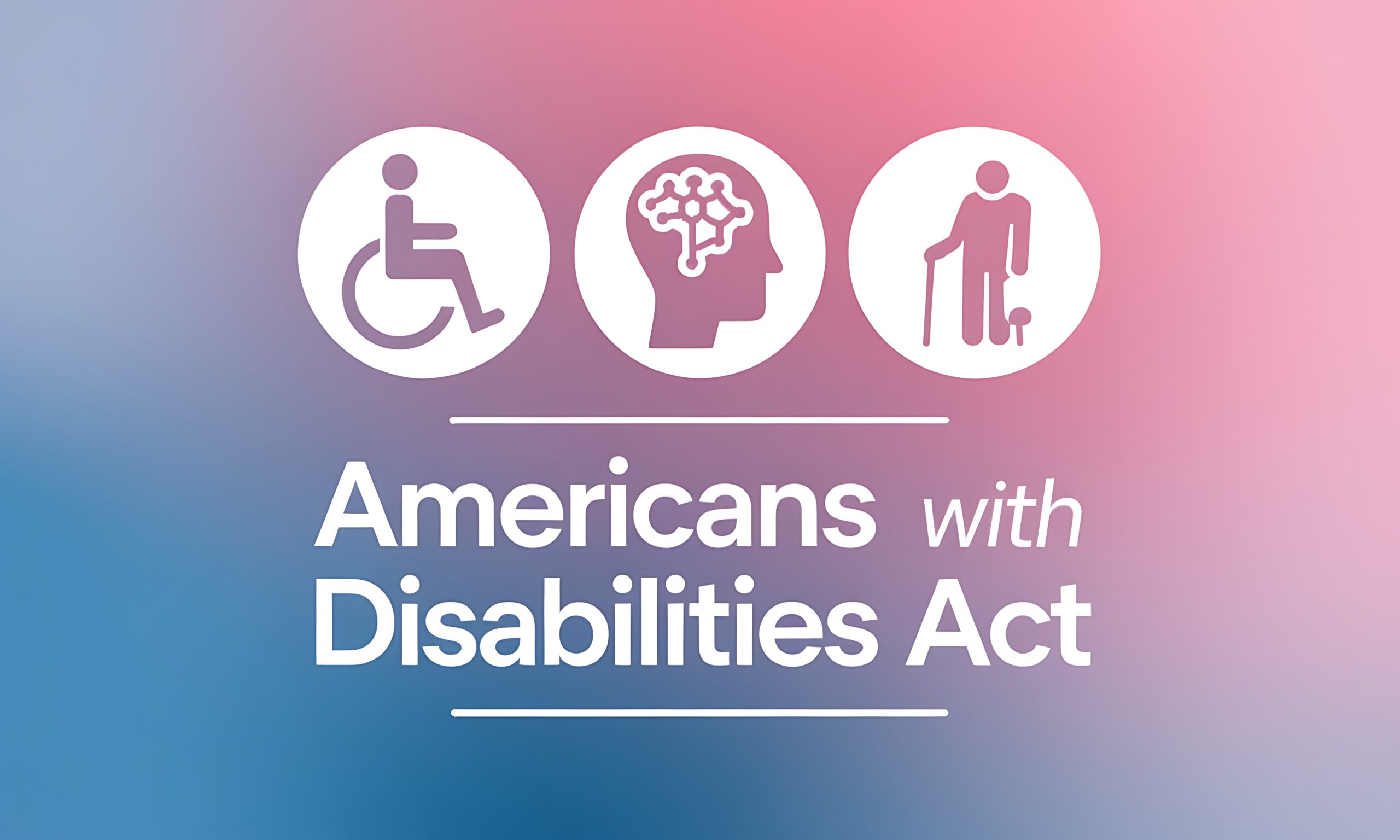Is It Possible to Go to Rehab in Wisconsin and Not Lose Your Job?
At Madison Recovery Centers (MRC), we understand how overwhelming it can feel to admit you’re struggling with drugs or alcohol—especially when you’re worried about work, family members, or financial stability. But taking care of your mental health and overcoming substance abuse is not just possible—it’s actually your right. So, can you go to rehab without losing your job?
The short answer is yes—there are protections in place that can allow you to receive addiction treatment or behavioral health support without losing your job. In Wisconsin, federal regulations and workplace policies like the FMLA, ADA, and Employee Assistance Programs (EAPs) exist to protect your rights and your job while you get the help you need. Here’s how it works.

What Is an Employee Assistance Program (EAP)?
An Employee Assistance Program is a voluntary, employer-sponsored benefit that provides free and confidential assessments, short term counseling, and referral services for employees who are experiencing personal or work-related challenges—including substance abuse, alcohol abuse, mental health issues, and even organizational challenges or workplace violence.
EAP counselors are trained professionals, including social workers and behavioral health specialists, who help address employee concerns before they escalate. If you’re struggling, EAPs often act as the first point of contact and can guide you toward specialized programs, including outpatient rehab or addiction treatment at a center like MRC.
What Is the Family and Medical Leave Act (FMLA)?
The FMLA is a federal law that allows eligible employees to take up to 12 weeks of unpaid, job-protected leave per year for specified family and medical reasons—including substance abuse treatment and behavioral health care. This also applies in other emergency response situations, such as when mental health challenges are interfering with your major life activities or job performance.
To qualify, your employer must be covered under FMLA (generally, companies with 50 or more employees), and you must have worked there for at least 12 months. The time off can be used to attend outpatient services like our Partial Hospitalization Program (PHP) or Intensive Outpatient Program (IOP) at Madison Recovery Center, where you’ll receive expert care while continuing to meet your essential functions at work.

What Is the Americans with Disabilities Act (ADA)?
The ADA, specifically Title I, protects individuals with a “substantially limiting” physical or mental impairment from being discriminated against in the workplace. That includes individuals struggling with drug addiction, alcohol abuse, or other diagnosed mental health conditions.
Under ADA regulations, your employer may be required to provide reasonable accommodations so you can receive treatment—without being fired simply for seeking help. This includes adjusting your schedule to attend appointments, allowing leave time for recovery, or modifying job duties temporarily. The ADA also protects service members, military families, and individuals working in safety-sensitive or high-stress environments from being unfairly penalized due to their health needs.

How Madison Recovery Center Supports Working Professionals
At Madison Recovery Center, we specialize in helping individuals get the support they need without having to put their entire lives on hold. Attending our PHP or IOP means setting aside a portion of your day or evening to engage in healing, structured programming—without having to enter full-time residential care.
While you’re here, you’ll experience a unique blend of behavioral health therapies, life skills training, and follow-up services tailored to your needs. Our treatment plans address the underlying causes of substance abuse, mental health concerns, and alcohol abuse—helping you identify your “why” and build the tools to move forward with purpose.
We also offer free and confidential assessments to determine the level of care you need, and we can help coordinate with your EAP counselor, HR department, or attorney if needed. Our team understands how important privacy and professionalism are, especially for individuals in safety-sensitive roles or those worried about disclosure.
What If I Can’t Afford Treatment?
At MRC, we believe financial assistance should never stand in the way of getting help. We accept most forms of private insurance and can assist you in exploring options like sliding fee scales, government funding, or programs supported by federal agencies such as the Mental Health Services Administration or National Institute on Drug Abuse.
If you’ve been searching for free and confidential assessments or low-cost treatment, we’re here to walk you through the process and connect you with the support and other services that make recovery possible.
Get Help—And Keep Your Job
Your job matters, but so does your health. At Madison Recovery Center, we don’t believe you should have to choose between the two. Our addiction treatment and behavioral health programs are built for working professionals, service members, and anyone else navigating the demands of career and recovery.
You don’t have to go through this alone—and you don’t have to sacrifice your livelihood to get better. Contact us today to learn more about our programs, schedule a confidential assessment, or get support understanding your rights under the FMLA, ADA, and EAP. Let’s take the first step toward healing—together.

Recovery Starts Today
Madison Recovery Center is committed to supporting the Madison and surrounding communities with flexible, comprehensive outpatient treatment options for drug rehab. Remember, you don’t have to face this journey alone. Reach out for a free, confidential conversation today, and we’ll answer any questions you may have.
"*" indicates required fields
FAQs: Rehab and Job Protection in Wisconsin
Can I really go to rehab without losing my job?
Yes. Thanks to federal protections like the Family and Medical Leave Act (FMLA) and the Americans with Disabilities Act (ADA), you may be eligible for job-protected time off to attend addiction treatment or behavioral health care. These laws safeguard your civil rights while you focus on recovery.
Does Madison Recovery Center offer additional services beyond treatment?
Yes. In addition to addiction treatment and behavioral health programs, Madison Recovery Center offers additional services such as family therapy, education about addiction, trauma-informed care, and referrals to community support. We can also work directly with your employer or EAP counselor in a consultative role to ensure your transition into care is smooth.
How does trauma factor into addiction treatment?
At Madison Recovery Center, we understand that unresolved trauma is often at the root of substance abuse. Our programs are designed to help you process trauma in a safe, structured environment through evidence-based therapy and compassionate support.
Can MRC help with family problems related to addiction?
Yes. Addiction affects more than just the individual—it impacts loved ones too. We offer support for family problems through family therapy sessions, education, and resources to help everyone involved heal together.
What does it mean to be treated the “same way” as others when seeking help?
Under laws like the ADA and FMLA, individuals seeking addiction treatment or behavioral health support must be treated the same way as any other employee needing medical care. That means you’re entitled to the same workplace protections, rights, and respect as anyone managing a health condition.
What if I’m afraid to talk to my employer about getting help?
You’re not alone. Many people fear repercussions at work, but confidentiality is key. We offer free and confidential assessments and can help you communicate with your HR department or EAP in a way that protects your civil rights while getting the support you need.

